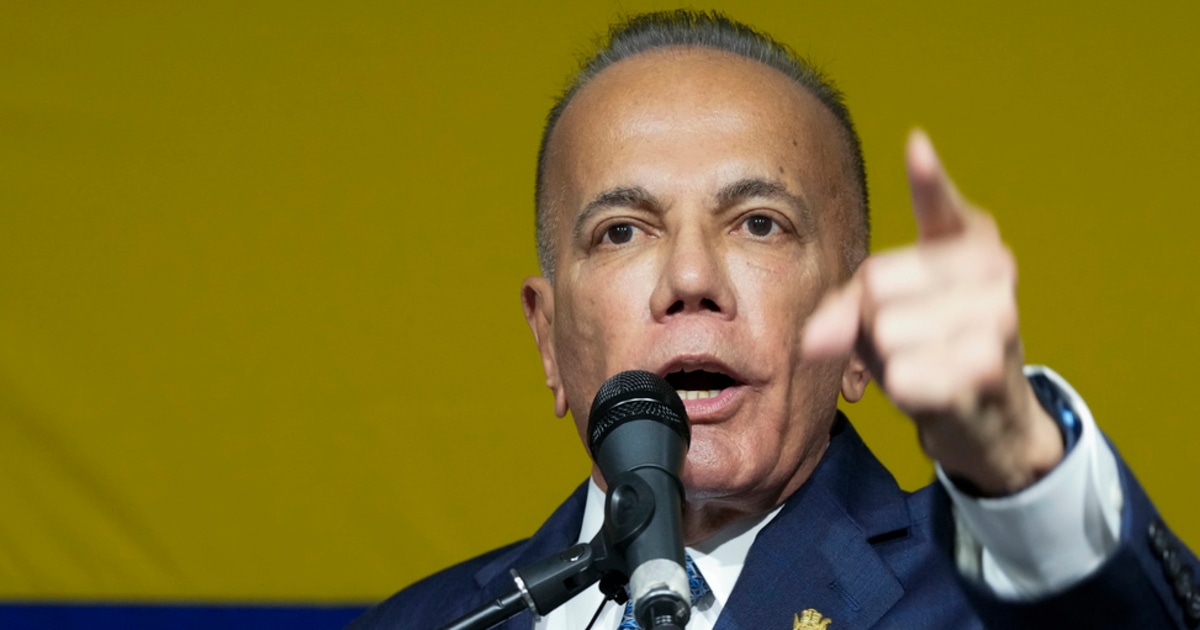Enlarge image
Protester on a silent march in Cali, Colombia
Photo: Ernesto Guzman Jr / imago images / Agencia EFE
Even a month after the massive protests began in Colombia, a peaceful solution is not in sight.
According to the national ombudsman's office, at least 42 people died in demonstrations, many of them as a result of police violence.
More than 120 people are missing and an estimated 2,000 were injured.
The human rights organization Human Rights Watch estimates more than 60 deaths.
In response to the unrest, Colombian President Iván Duque tightened the order for the security forces.
"From this evening on, the maximum effort of the military begins to support the police in the city of Cali and the Valle del Cauca," said Duque in a video on Twitter.
Prosecutor's investigator killed
In Cali, the center of the protests, and the region, four people were killed on Friday in armed clashes over the road blocks, which have been affecting the mobility of residents and the supply of the city for days.
A representative from the local prosecutor said one of their investigators shot at the crowd, killing a civilian before he was in turn killed by protesters. Video footage showed a man in a pool of blood while a second man nearby held his gun and was then attacked by a crowd. According to prosecutors, the investigator was not on duty in the incident.
Human rights activists accuse the security forces of disproportionate violence against the demonstrators.
The situation in Cali with more than two million inhabitants is very serious, said the America director of the human rights organization Human Rights Watch, José Miguel Vivanco.
He called on President Duque to take immediate action to defuse the situation.
Among other things, state representatives must be prohibited from using firearms.
The Foreign Office in Berlin issued a conditional travel warning for Colombia.
The nationwide protests are "partly connected with massively violent riots".
Further escalations cannot be ruled out, and an end to the unrest is not yet in sight.
Fragile peace
Since the end of April there have been repeated protests and riots in various cities in Colombia.
First the demonstrators had protested against a tax reform and then a health reform - both have since been withdrawn.
The demonstrators are also calling for better working conditions, reform of the pension system, better protection for human rights defenders and the full implementation of the 2016 peace agreement with the rebel group Farc.
Colombia is currently recovering from more than 50 years of civil war in which 220,000 people have died.
The current protests are the bloodiest since the peace agreement in 2016.
There had already been major protests against Duque, especially among young people, in 2019.
They initially came to a standstill during the corona pandemic.
The economic situation of many Colombians worsened during the pandemic: 42.5 percent of the population live below the poverty line.
Political scientist Sandra Borda says that “at least a decade has been lost in the fight against poverty”.
"There is an active part of society that has long been excluded from politics, the world of work and the education system and is now fed up with this." The demonstrators represented this part of the population.
ala / dpa / AFP


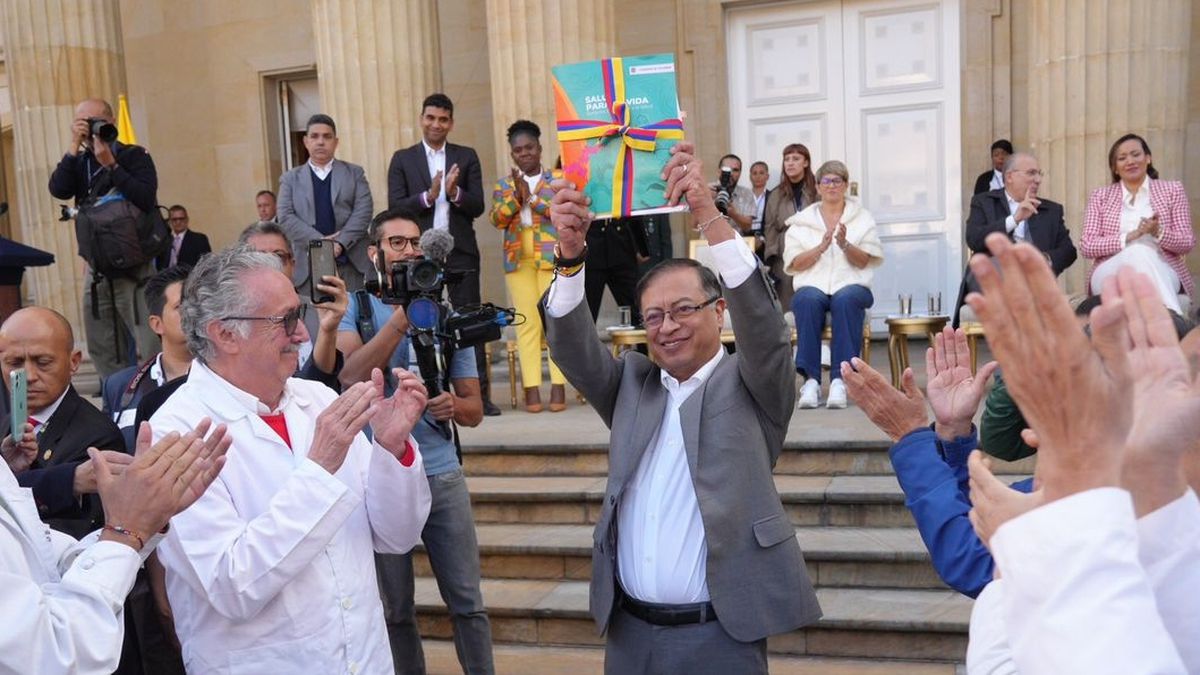
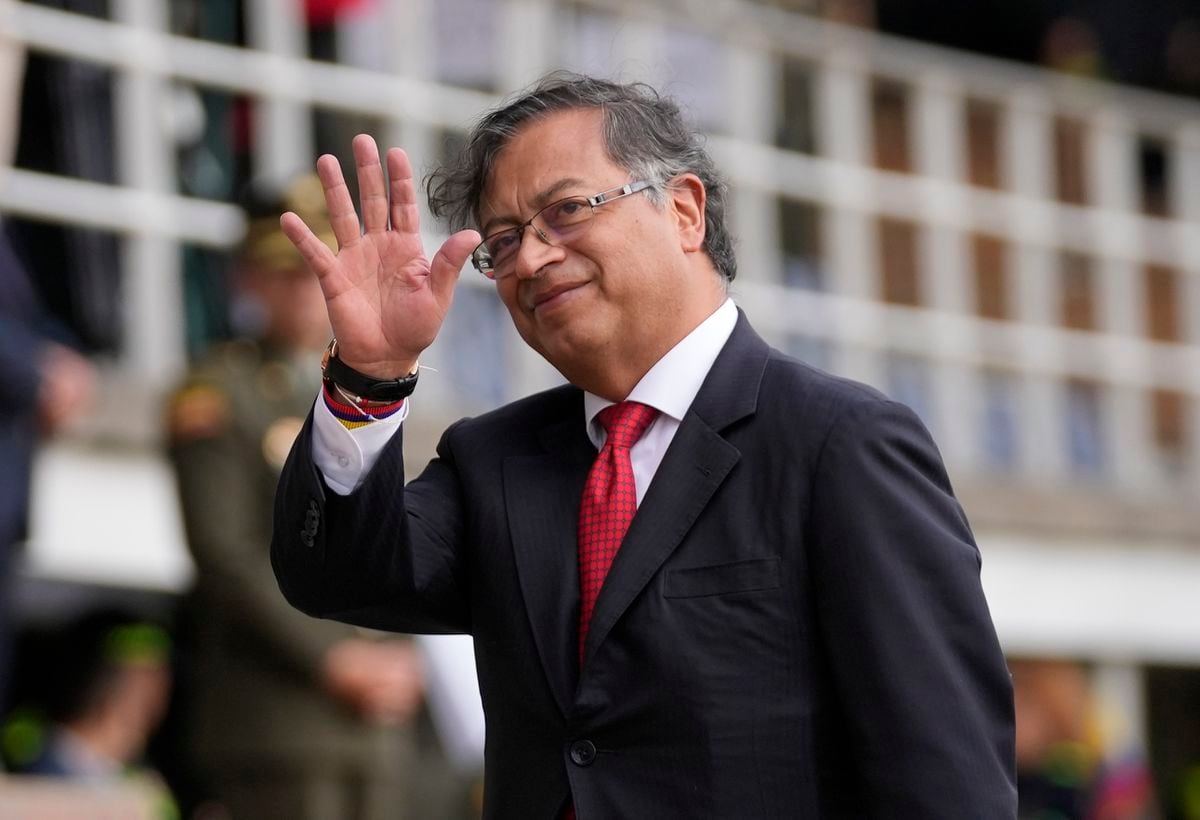
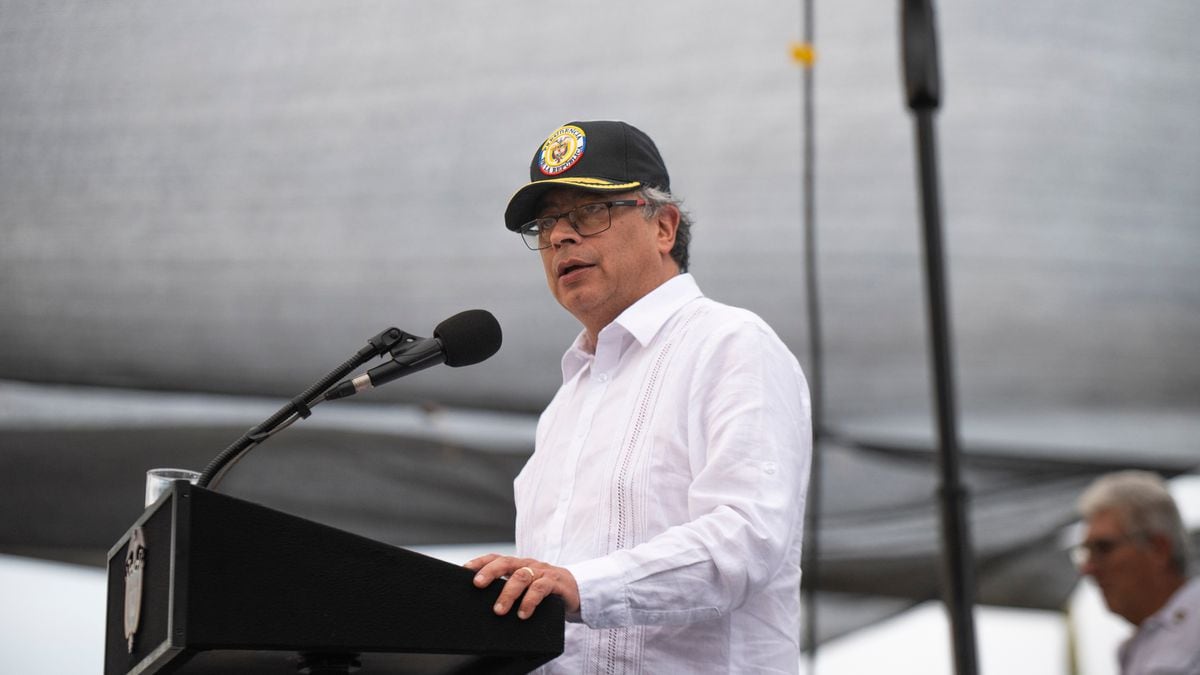
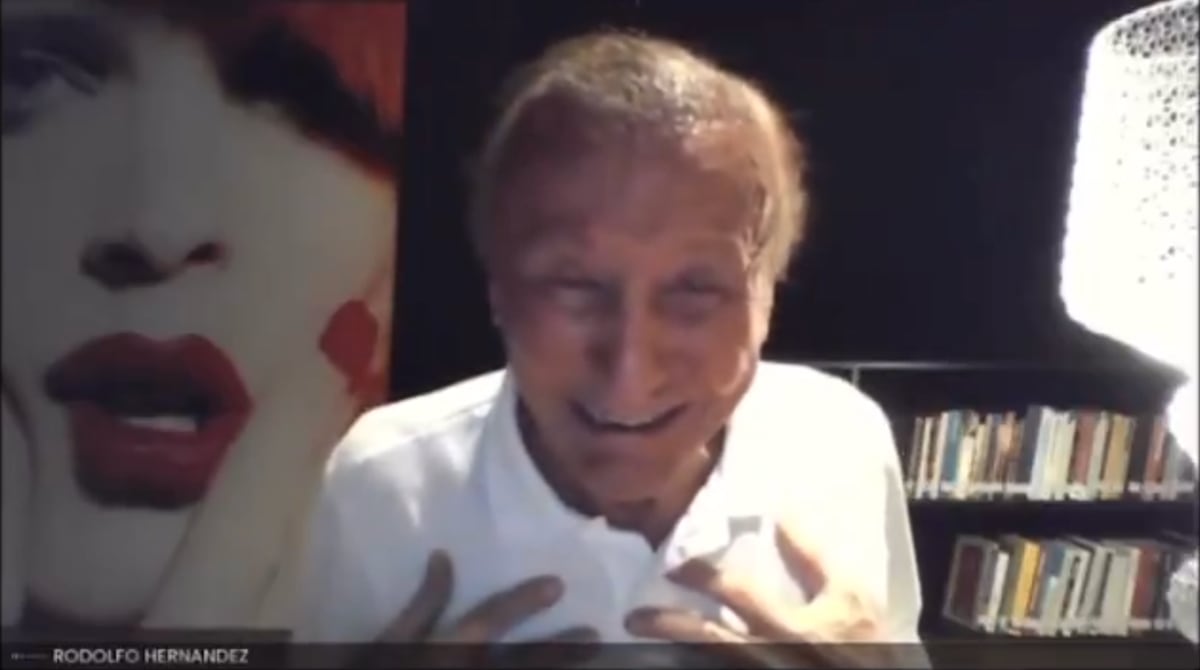
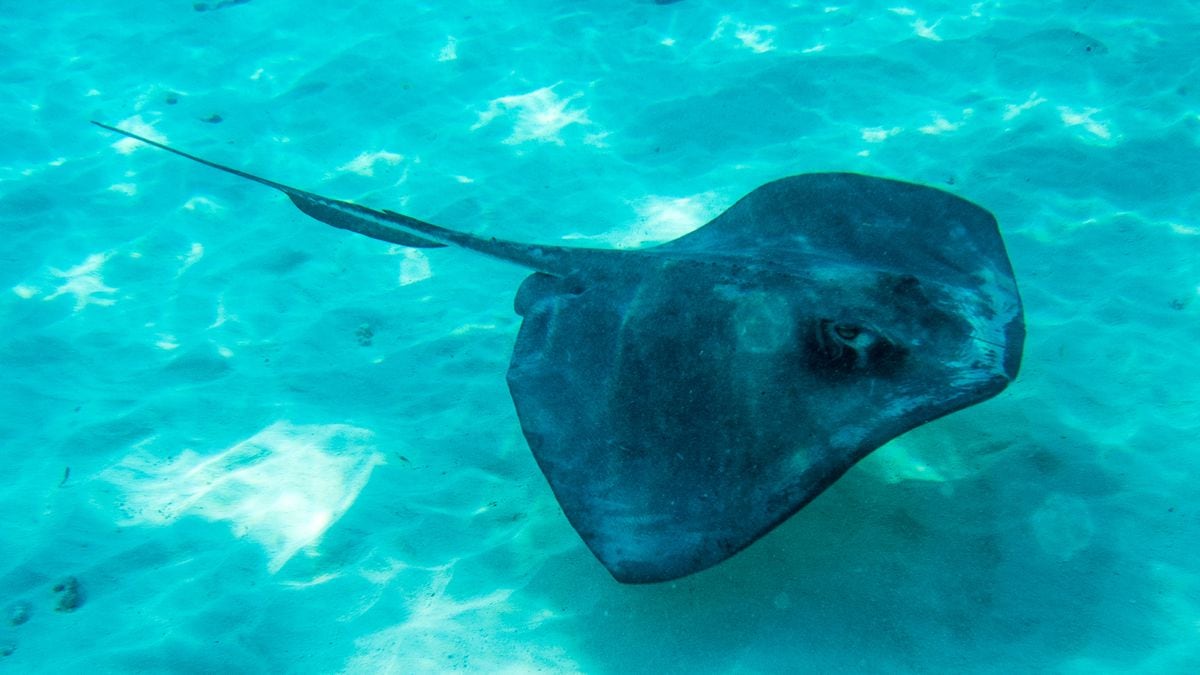
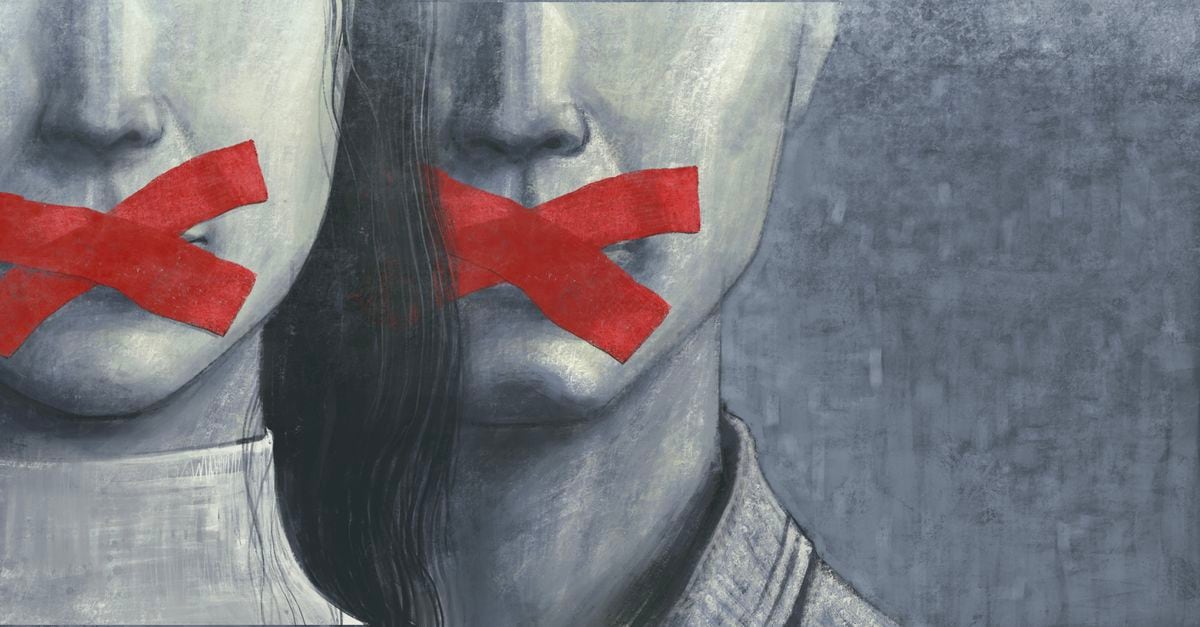
/cloudfront-eu-central-1.images.arcpublishing.com/prisa/ZORZGWU62RGZNLD7HNVBXQZRBA.jpeg)
